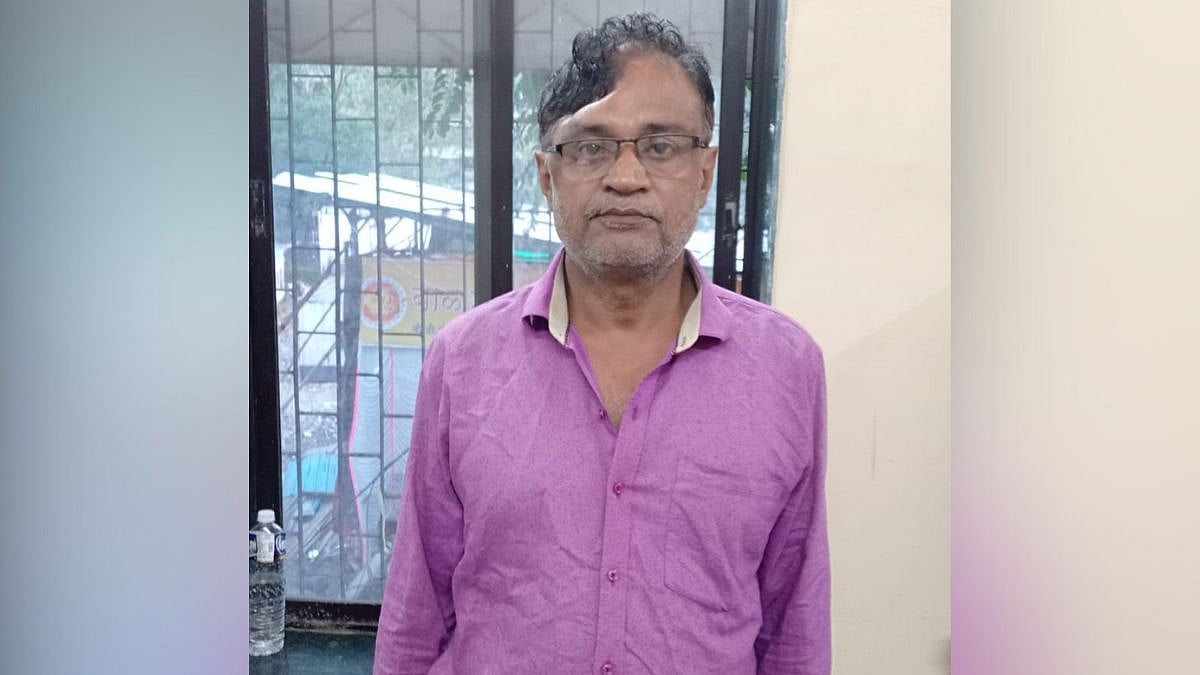Land ownership always bristles with problems and evokes strong emotions. The land dispute between Israel and Palestine harking back to 1947 tugs at the hearts of Jews, who till then were acknowledged as homeless at worst and diaspora at best. At the heart of the Indo-Pak animosity is once again land, with Pakistan refusing to acknowledge the treaty of accession with India signed by Maharaja Hari Singh. The Balkanisation of the USSR is still an unfinished story, with Russia laying claim to Ukrainian land, particularly those harbouring under its folds rare earths like lithium.
Within India, the Muslim community is doggedly clinging to the concept of Waqf formalised by the Waqf Act, 1995. A Waqf is the permanent, religious dedication of property in Islamic law for a charitable, pious, or public purpose, such as building a mosque, school, or hospital. Once dedicated, the property, whether movable or immovable, becomes inalienable, meaning it cannot be sold, gifted, inherited, or encumbered. The term originates from the Arabic word meaning "to hold", and the intent is to provide ongoing, perpetual benefit to the community. Waqf can be created by declaration or by user, which is now embroiled in a legal battle before the Apex Court in the form of a prayer to annul the United Waqf Management, Empowerment, Efficiency and Development Act, 1995 (UWMEED Act 1995) on several grounds, with interference to the Islamic minority rights as the spearhead of revolt.
Following the collapse of the Ottoman Empire, the new Republic of Turkey nationalised and secularised waqf properties in 1924. The General Authority of Awqaf (GAA) oversees waqf properties to ensure they support economic and social development in line with Islamic principles in Saudi Arabia. That these two foremost Islamic nations have diluted the pristine purity of waqf shows that it has been at odds with the Regalian doctrine, whose bedrock is that all lands belong to the state unless a sliver of it is carved out for private or institutional ownership by the state. The other variant of the Regalian doctrine is the principle of eminent domain practised in the USA—the state can appropriate private properties for its own use by paying compensation. Be that as it may, in India, land is a state subject, and the land laws tilt towards the Regalian doctrine. But then Waqf is not entirely about land or immovable properties, which is perhaps why the Apex Court in its interim orders on the 2025 Act hasn’t struck it down as a colourable legislation transgressing the rights of the state governments.
The Narendra Modi government has been at pains to explain that its Waqf initiative is not at an intrusion into the religious affairs of Muslims but to ensure that Waqf, insofar as it relates to immovable properties, follows the common law principles of property ownership and transfer regime obtaining for citizens of all faiths and denominations in keeping with its steadfast espousal of Uniform Civil Code (UCC), which the directive principles enshrined in the Constitution urges the government to adopt.
According to government data, Waqf boards currently control 8.7 lakh properties spanning 9.4 lakh acres across India, with an estimated value of 1.2 lakh crore. Notably, India has the largest Waqf holding in the world. After the armed forces and the Indian railways, the Waqf Board is the largest landowner in India, lending credence to the view that if a community that accounts for 20% of the population owns, through its creamy layer or influential segment, the lion’s share of private property, there is something amiss.
The bulk of it is by way of "Waqf by-user", a concept where a property is considered a Waqf (a religious or charitable trust under the Islamic law) due to its long-term, consistent, and public use for a religious purpose, even without formal documentation or registration. Introduced by the 1954 Act, this provision allowed such properties as mosques, dargahs, and graveyards to be recognised as Waqf properties based on usage and community acceptance, not just formal deeds. However, this provision, namely Waqf by-user, was removed by the Waqf (Amendment) Act of 2025, with the Supreme Court refusing to stay its implementation with the caveat that Waqf properties registered as of April 8, 2025, under such a claim remain protected provided such Waqf by-user properties were registered before April 8, 2025. This is indeed a shot in the arm for the Modi government and a major setback for Modi detractors. The Apex Court has thrown its weight behind the registration requirement, saying it has been in vogue for more than a century now.
Waqf by-user indeed gave a long rope to the Muslim community in general and the land coveters among them in particular. It was the claimant’s word against others, including the powerful state, giving verisimilitude to the contention that such a freewheeling power was the reason behind Waqf piling up properties, leaving far behind endowments of other religious persuasions, including those of Hindus. It is not as if there aren’t religious or charitable endowments by users in other religious faiths. Many Hindu temples, including Tirupati Srinivasa Srirangam Ranganatha, Kancheepuram Varadarajar, Mata Vaishnodevi temple and so on, are perhaps bereft of title deeds and accepted as sacrosanct only thanks to long use. Having brought Waqf properties under the registration regime, it is only fair that the various temples, etc., held sacrosanct by hoary usage, should also be asked to register so that all religions come to be treated equally.
While Waqf by-user might have been conducive to land grabbing by the more resourceful Muslims, India has been secular in providing income tax exemption to charlatan charities, especially those purporting to be catering to the noble spheres of education and healthcare. Universities and hospitals charging a king’s ransom from their students and patients, respectively, are walking away with tax-free income. Laudable purposes aren’t ipso facto charitable purposes. The government, which struck against charlatan Waqfs, should have no qualms about striking against the secularly practised fake charity on the education and medical fronts. That would boost income tax collections like nothing else.
S Murlidharan is a freelance columnist and writes on economics, business, legal and taxation issues.










